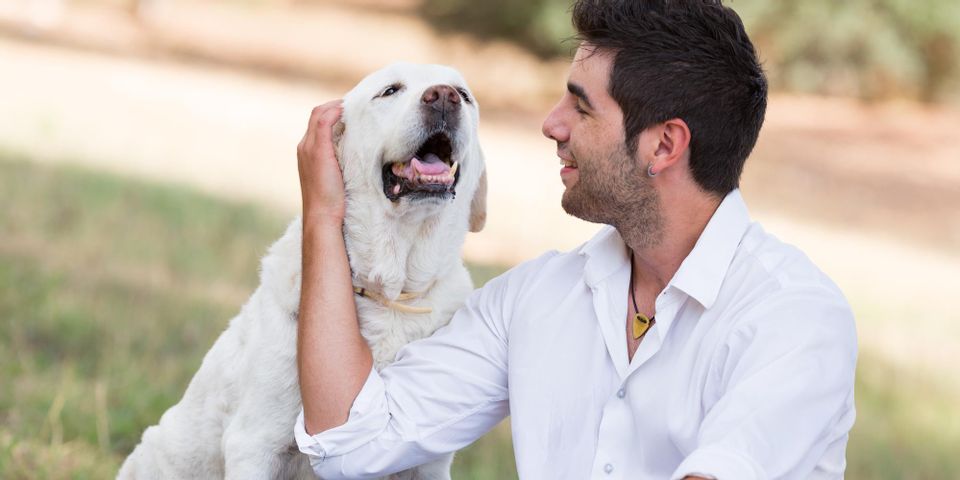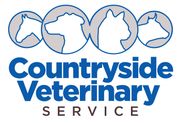
With major advances in animal health care, many dogs can enjoy long, happy, and healthy lives with their families. But while veterinarians offer many impressive services, owners must still adjust their pet care as their four-legged friends get older. If you have an aging canine, here are a few ways you should—and shouldn’t—care for a senior dog.
Do:
Address arthritis.
Just as when humans reach their golden years, dogs often develop arthritis—an inflammatory joint condition caused by cartilage deterioration. Since arthritis can make some movements painful, it’s important to address these changes in your pet. For instance, keeping their food and bedding on the same floor of the house can prevent pain from having to climb the stairs.
Brush teeth.
It’s important to brush your pet’s teeth at any age, but it is particularly important in their later years. Without regular brushing, your dog may develop excess plaque and tartar, which can result in cavities and gum disease. In addition to causing oral health issues, the bacteria that cause these issues can enter the bloodstream and harm other organs in your dog’s body.
Adjust diet.
 As canines get older, they will require fewer calories and different nutrients than they did when they were younger. Unhealthy treats can also contribute to weight gain and increase the risk of potential health problems—such as diabetes and heart disease. Your veterinarian can recommend age-appropriate dog food and supplements to address nutritional deficiencies.
As canines get older, they will require fewer calories and different nutrients than they did when they were younger. Unhealthy treats can also contribute to weight gain and increase the risk of potential health problems—such as diabetes and heart disease. Your veterinarian can recommend age-appropriate dog food and supplements to address nutritional deficiencies.
Don’t:
Stop exercising.
While your pup may no longer have the energy to take long hikes, exercise is still important to maintain their body weight and range of motion. Instead of avoiding activity altogether, take slow walks at short intervals throughout the day—such as whenever they need bathroom breaks.
Forget to groom.
Failing to brush your dog’s coat regularly can increase their risk of developing matted fur, which can cause severe irritation and infection. In addition to preventing mats, routine grooming will also give you an opportunity to inspect your pet’s body and identify common concerns related to aging, such as lesions and lumps.
Skip veterinarian appointments.
Most senior dogs should have a veterinary check-up about once every six months. While your pet may seem perfectly healthy, these exams can help catch and treat hidden problems before they get worse—including cancer, diabetes, and kidney disease.
Whether you’ve adopted a puppy or have a dog that’s growing older, Countryside Veterinary Service is here to provide the comprehensive care they need to achieve their best health. Serving the Northeastern Ohio and Northwestern Pennsylvania areas, the veterinarians at these animal clinics are staffed with caring professionals who understand how to prevent, detect, and treat medical issues early on. Visit this provider online to learn how they can help with everything from pet vaccinations to animal surgery. For details on specific locations, call any of their five local offices listed below:
Countryside Veterinary Service – Garrettsville
Countryside Veterinary Service – Kinsman
Countryside Veterinary Service – Middlefield
Countryside Veterinary Service – Champion
Countryside Veterinary Service – Jamestown
About the Business
Have a question? Ask the experts!
Send your question

